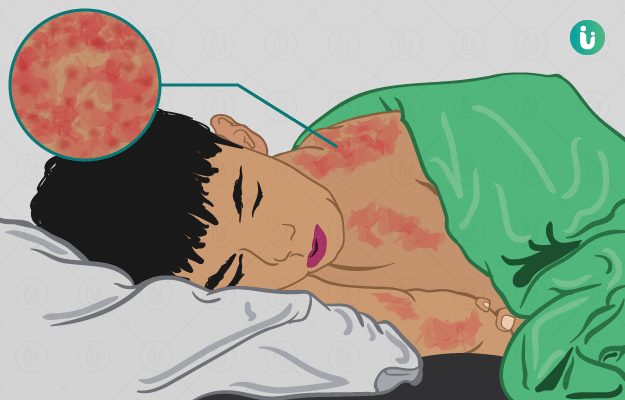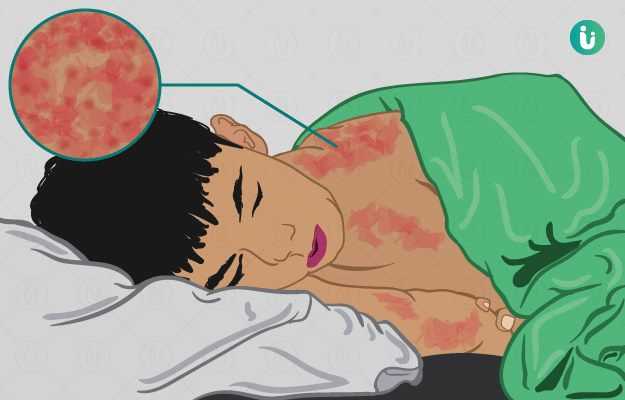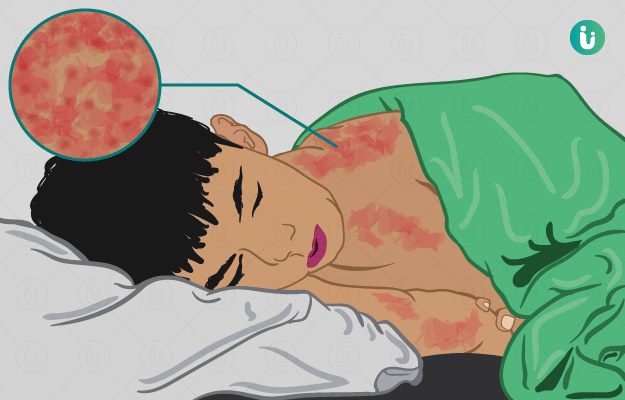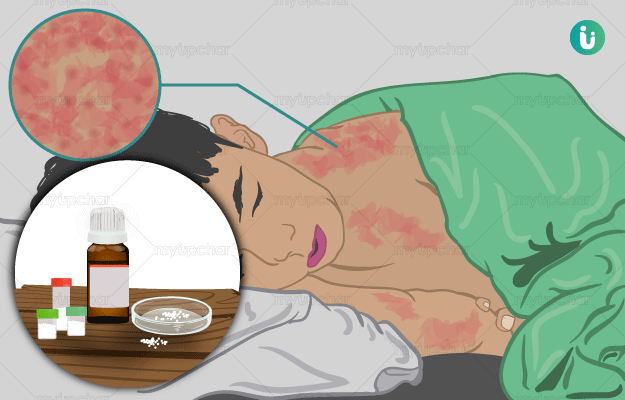Summary
Measles, a highly infectious viral disease, is the leading cause of death among children worldwide, although a safe vaccine, which is effective for 40 years has been available for its prevention. Symptoms of measles develop after a week or two of infection and persist for a week or more. The symptoms include fever along with cough, runny nose and red eyes that are sore and sensitive to light. There is also an appearance of Koplik spots (tiny white spots surrounded by a reddish-brown area) inside the mouth followed by the development of a rash on the skin that starts on the head and moves downwards to the rest of the body. The disease spreads through both direct contact with an infected person and indirect contact by handling infected objects.
There is no medicine to cure the condition, and most people recover well within 7-10 days. Medication is prescribed to provide relief from the symptoms, such as fever and cough. Vaccination is the safest way to prevent the disease, and children should receive their first vaccine before their first birthday or shortly after. Two doses of the vaccine are required for complete protection. Complications due to measles may occur but are more common in children younger than one year of age, teens, people who have a poor diet, and those with an underdeveloped or compromised immune system.

 Doctors for Measles
Doctors for Measles  OTC Medicines for Measles
OTC Medicines for Measles
 Measles articles
Measles articles News for Measles
News for Measles

 Diet for Measles
Diet for Measles
 First Aid for Measles
First Aid for Measles
 Homeopathic Treatment of Measles
Homeopathic Treatment of Measles




































 Editorial Team
Editorial Team

 Dt. Akanksha Mishra
Dt. Akanksha Mishra


 Dr. Rachita Narsaria
Dr. Rachita Narsaria











